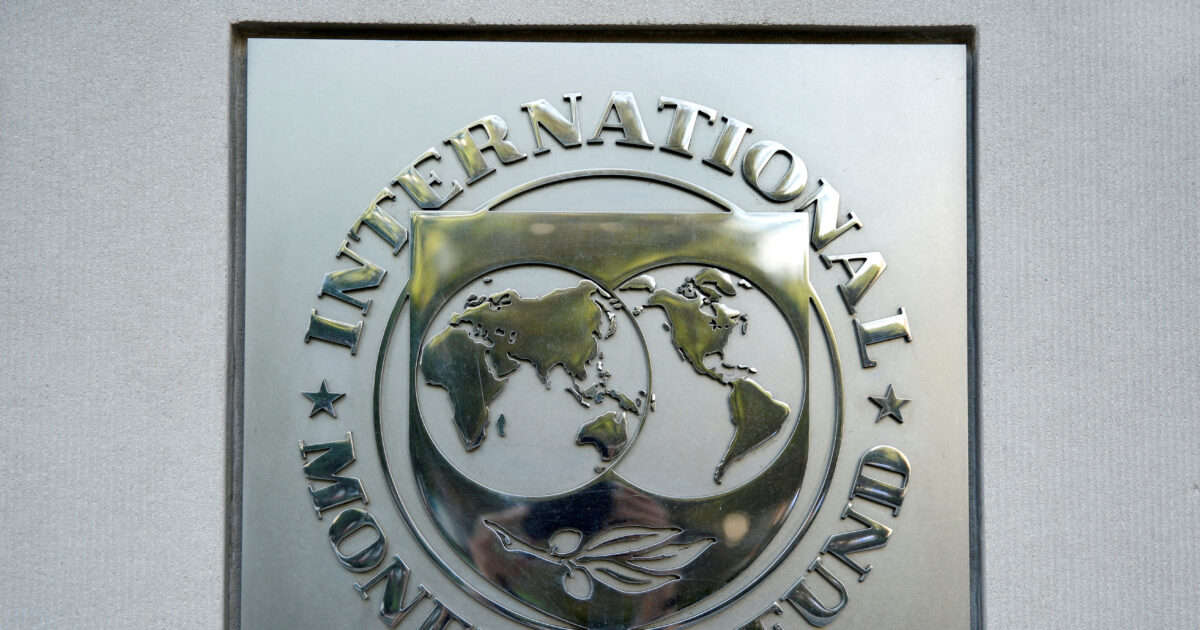Three key dangers for the global financial system, sees the IMF After reinforcing the uncertainty they have caused to the markets Internationally the duties announced by Donald Trump and the wait on how other countries will respond.
As stated in the Global Financial Stability Report that the IMF (22.4.2025) published today, there are three vulnerabilities in the markets that can cause problems in the future.
In particular:
Firstdespite the recent turbulence in markets, the valuations remain high in some basic parts of shares and corporate bonds, which means that adjustments to the valuations could go further if the prospects worsen. The uncertainty of economic policy remains high, and Some macroeconomic indicators have surprised downwardmaking it more likely to corrections to the prices of assets.
Downhill movements of the prices of assets could significantly affect emerging markets. The coins and prices of the shares of these markets have already been underestimated due to the weakening of growth prospects. With investors increasingly awaiting that the central banks of emerging markets will relax their monetary policy, the expected yields for investors from Carry Trade have declined, thereby increasing the likelihood of outputs. In the region’s economies, although market conditions have improved, high levels of yields could expose these countries to refinancing risks in an environment where significant amounts of debt expire.
Secondsome financial institutions could suffer pressure on volatile markets, especially those exposed to a high degree of leverage. As the areas of Hedge Funds and Asset Management) increased, and asset management They have increased as well as overall levels of leverage and their relationship with the banking sector from which they borrowthereby increasing the risk of a sharp deleverage by intermediate financial institutions that may be pressured to “sell” if they are faced with the execution of Margin Calls or acquisitions by customers.
As the IMF report notes, some strategies for the risk of risk capital has increased a steady increase in leverage recently, potentially exacerbating sales, with consequences for the broader financial system.
Thirdlyfurther upheaval in markets could affect government bond markets, especially in countries with high levels of public debt. For example, popular contracts for future cash leverage in basic government bond markets and leverage trading in swap markets could create challenges for market liquidity. Emerging economies already face the highest funding costs for a decade and may now need to refinance their debt to higher cost levels.
Overall, investors are concerned about public debt sustainability and other financial weaknesses may worsen in a mutual reinforcement.
Increased policy uncertainty can also affect businesses and householdssays the IMF. Internationally, corporate bond spreads have recently expanded, reflecting investors’ concerns about the negative impact of an economic situation with a slowdown in corporate profits in the next quarters. In addition, a sufficient share of corporate bonds close to their maturation carry fixed interest rates under market yields and the increase in credit margin could call into question the refinancing of the weaker debt.
Suddenly ratings on shares and other assets could negatively affect the wealth of households, especially as many of the households now have a larger part of their financial assets in shares and investment funds than before before the pandemic.
End, lower than the expected values of commercial real estate and even high interest rates may further complicate the loan refinancing efforts.
